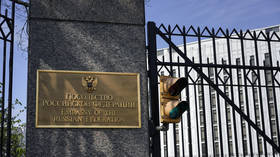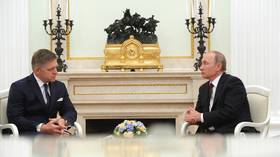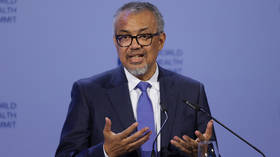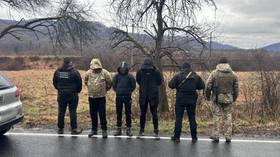Spy chief calls for tougher laws

The head of UK domestic intelligence service MI5, Ken McCallum, has advised MPs to beware of China and Russia’s “interference alerts,” which he believes will occur increasingly often as these two countries are allegedly aiming for international supremacy.
In an interview with the Daily Mail, McCallum said that since the January spy scandal in parliament involving Chinese ‘agent’ Christine Lee, several MPs have raised concerns over the suspect approach. According to the MI5 chief, Russia and China are also trying to access advisers in order to be informed on the prime minister’s activities.
“It will always be the case that those that are seeking to exert influence on our political life will want to influence those advisers in order that their point of view can be heard. Those advisers themselves are typically very aware of these risks,” McCallum said.
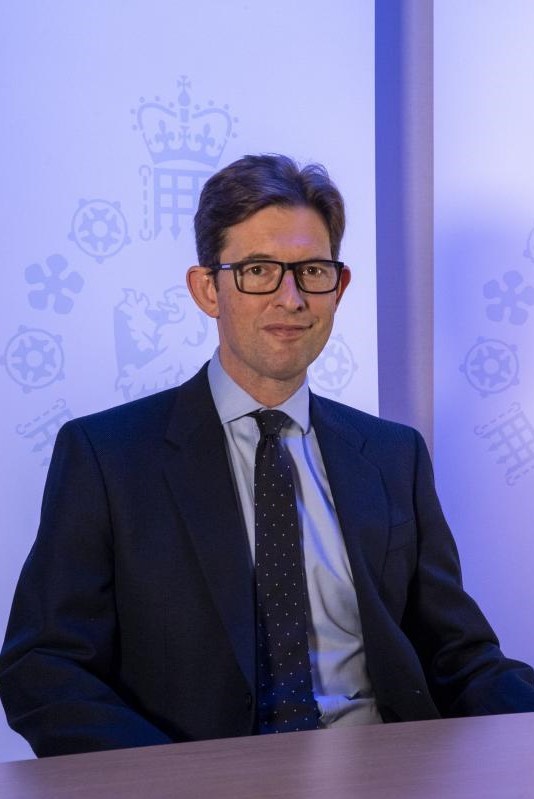
Another major problem, according to the intelligence heavyweight, is so-called “online cultivation” of ordinary people - experts, scientists, and others - by Britain’s “adversaries.” This “cultivation,” as he explained, manifests itself in approaches by people “making some very complimentary remarks about some seminar they have given or a paper they have written or inviting them to a conference.”
The scale of these adversaries’ activities is so grand that MI5 faces a tough choice over whom to prioritize: home-grown terrorists or foreign spies, McCallum confessed.
“It's important not to frame this as a Cold War II, but at the same time to be clear-eyed that we are in a struggle here ... We do need to stand up for our values, for our system, for the benefits of the democratic way of life that we, and our allies, hold dear,” the head of MI5 said.
In McCallum’s opinion, the current UK laws are outdated and “insufficient” to deal with the “more nuanced interconnected world,” and therefore the intelligence services find themselves in a “frustrating” situation.
“With state threats we seek to do everything we can to make the UK resilient but in many cases we don't have the ability to bring prosecutions in the criminal courts, for example it is not presently a criminal offense to be a covert agent of a foreign power,” he explained.
He didn’t ignore the current crisis in Ukraine either, saying that it might have a negative impact for the UK, with an increased risk of cyberattacks leading the list of possible consequences.
Over the last few years, the UK has accused Russia of cyberattacks and political interference in many countries, without providing any evidence to support these statements. The most recent accusation was that the Russian Main Intelligence Directorate, formerly known as GRU, was behind the cyberattacks against Ukraine’s financial sector, which occurred earlier this week.
Moscow has consistently denied all accusations in relation to the cyberattacks, saying on Friday that it had “nothing to do” with attacks on Ukraine’s Defense Ministry and banks.
